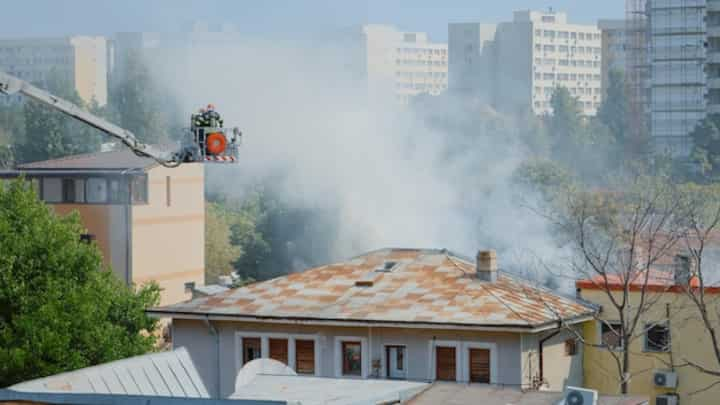
Enhancing Indoor Air Quality Post-Fire Damage with Professional Air Filtration
Fire damage can leave a significant impact on indoor environments, affecting not just the structural integrity of a building but also the quality of the air within. The lingering smell of smoke, along with soot and other pollutants, can pose health risks and create an uncomfortable living or working environment. Professional air filtration solutions are essential to restoring safe and clean air indoors. This article examines the importance of enhancing indoor air quality after fire damage and how professional air filtration can play a critical role in this process.
Understanding the Impact of Fire Damage on Indoor Air Quality
When a fire occurs, the combustion process releases a variety of pollutants, including:
- Particulate matter (PM) such as soot and ash
- Volatile organic compounds (VOCs)
- Carbon monoxide and other toxic gases
- Nitrogen oxides and sulfur dioxide
These pollutants can penetrate indoor environments, making it essential to address air quality concerns post-fire. Read more about this topic.
The Role of Professional Air Filtration in Post-Fire Recovery
Professional air filtration is crucial in removing airborne contaminants and restoring indoor air quality. It involves the use of advanced equipment and techniques to effectively clean and purify the air.
Components of Professional Air Filtration
- HEPA Filters: High-Efficiency Particulate Air (HEPA) filters are designed to capture 99.97% of particles as small as 0.3 microns, making them highly effective at removing soot and other fine particles.
- Activated Carbon Filters: These filters absorb odors and VOCs, helping to eliminate the smell of smoke and other chemical residues.
- Air Scrubbers: Devices that draw in air, filter it, and then release clean air back into the environment. They are particularly useful in large spaces.
- UV Air Purifiers: Ultraviolet light can destroy airborne pathogens and microorganisms, further enhancing air cleanliness.
Explore further insights here: Learn more in this detailed guide.
Benefits of Professional Air Filtration After Fire Damage
Implementing professional air filtration solutions provides numerous benefits, including:
- Removal of harmful pollutants, reducing respiratory issues and other health risks
- Elimination of smoke odors, improving comfort and air freshness
- Prevention of further contamination, safeguarding the integrity of building materials and personal belongings
- Facilitation of a faster recovery process, allowing occupants to return sooner
Find additional information here: Explore further insights here.
Choosing the Right Air Filtration Solution
Selecting the appropriate air filtration system requires an understanding of the extent of fire damage and the specific needs of the affected environment. Key considerations include:
- The size of the area to be treated
- The type and concentration of pollutants present
- The duration of filtration needed to achieve desired air quality levels
- Budget constraints and long-term maintenance requirements
Consulting with air quality professionals can help in making informed decisions. Find additional information here.
Conclusion
Enhancing indoor air quality after a fire is crucial for ensuring a safe and healthy environment. Professional air filtration solutions offer a comprehensive approach to removing pollutants and restoring air purity. By understanding the impact of fire damage on air quality and utilizing the right filtration systems, occupants can achieve a cleaner and more comfortable indoor atmosphere. Learn more in this detailed guide.